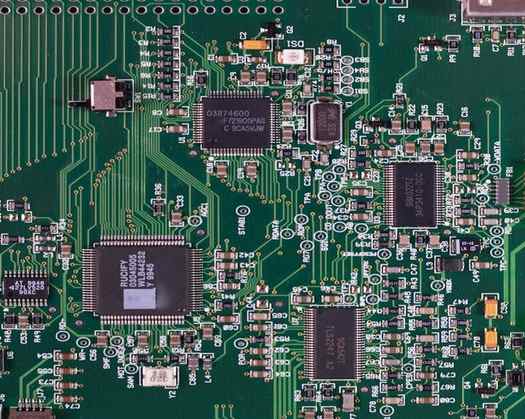Taipei: The United States has implemented new restrictions on the export of Nvidia's H20 chips to China, intensifying its oversight of advanced AI technology trade with Beijing as part of its strategy to apply pressure amid an ongoing tariff conflict, according to Radio Free Asia (RFA).
Nvidia, a leading entity in global AI chip development, announced on Tuesday that the US government notified them on April 9 that exporting H20 chips to China would now require government approval. The company indicated that this restriction would remain in place indefinitely.
While the H20 chip has limited computing power, it features attributes that make it suitable for building high-performance computing systems. The RFA report noted that the US government's decision was reportedly influenced by concerns that the H20 chips could be used in or adapted for Chinese supercomputers.
The H20 was the most advanced artificial intelligence chip permitted for legal export to China, which was already subject to US national security-related limitations on high-end semiconductor sales. Although its performance does not rival Nvidia's latest Blackwell chip, it includes high-bandwidth memory similar to that found in Blackwell, providing performance improvements for specific applications, as reported by RFA.
The H20 chip gained attention after being utilized by DeepSeek, a Chinese AI startup that launched a cost-effective and competitive AI model trained with the chip in January.
Earlier this year, The Information, a prominent tech media outlet, reported that major Chinese technology companies such as Alibaba, Tencent, and ByteDance collectively placed orders exceeding USD 16 billion for H20 chips in the first quarter. This represents an increase of over 40% compared to the previous quarter, as highlighted in a report by RFA.
The United States initially implemented export controls on AI chips aimed at China in October 2022 and has since broadened these restrictions to include additional technologies and countries. The enforcement of export limitations on H20 chips aligns with escalating trade tensions between the US and China, according to the RFA.












